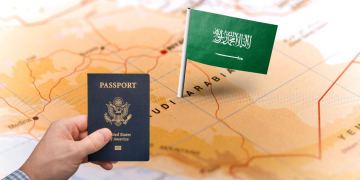Short History Of Portugal
Portugal is an exciting and vibrant country. And this small western European country definitely had a storied past. People have inhabited this area since the 6th century BC and perhaps even more. All the history that has taken place between then and now packs quite punch, so let’s take a better look.
The Moors Or Moorish
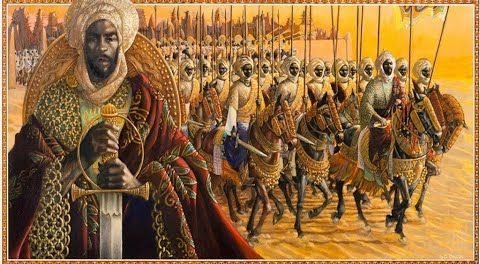
Obviously, like everywhere else in Europe it seems, the Romans occupied the world first, but sometime after their demise within the 5th century, the Moors invaded. Moorish, or Moors actually medieval Muslims they are from the North Africa’s Morocco area. They came gallivanting in within the year 711 and took the whole Iberian Peninsula, and then some. Pockets of Christians in the north remained and pushed back here and there over subsequent few hundred years. The leader of 1 such ‘pocket’ pushed a touch harder than most and got the Moors back south and east and claimed himself the primary King of Portugal.
Spanish Dispute

At an equivalent time the Spanish to the east were also pushing south and ‘east west’ disputes with them started to pop up. Subsequent Afonsos’ followed and kept the march south going south and in 1249, Afonso III captured Faro, today’s capital city of the Algarve. They still had the problem though, of keeping Spain’s ‘noses’ out of their new borders.
Portugal Friendship
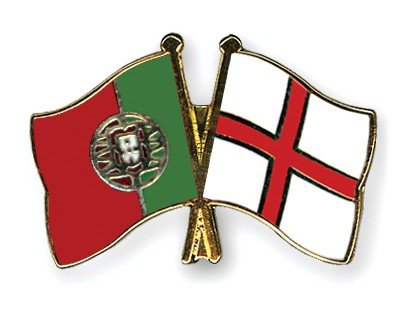
Portugal made friends with England and Spain backed out The new allies signed the Treaty of Windsor which remains in effect today and utilized as recently because the Second World War. The Portuguese was now free to explore the waters, and explore they did! Setting up colonies of trade everywhere on the planet.
Discovery of Brazil

The discovery of Brazil on 1500 would prove to be the most vital. With trading ports in China, South America, India and Africa, Portugal was an imposing Empire. However, things ‘hit the fan’ in 1578 when King Sebastian was killed in battle without an heir to his throne. The great empire was all of a sudden in crisis, and Spain’s King Philip II claimed the throne referencing some obscure family lineage. There was some opposition to the present so an impatient Philip, took advantage in Portugal’s time of weakness and invaded in 1580.
Good and Bad
Now there were some good and bad things about this merger. Bad thing is that they have shared enemies including Britain. And that the Dutch sniffed weakness and began to seize more and more of Brazil.
Spain Portugal Relation

The good being that with Spain’s help they managed to defeat the Dutch, and also, life wasn’t so bad under the primary two Spanish Kings, Portugal was still under their own law, government, currency, and still retained some status. When Philip IV came along however, things got a touch nasty. He figured he,d make Portugal as a province of Spain and then he removed Portuguese nobles from power. Spain was just about to break because of this point from the Thirty Years War and sensing good timing, the nobleman nominated John, the Duke of Braganza, to steer the resistance which came to be referred to as the Portuguese, Restoration, and War. The House Braganza still laid claim to the throne today even though the monarch has been abolished for some time now. And because Spain helped them retain Brazil, Portugal was able to draw upon its wealth to help fund the war which might last 28 years.
In 1668 Spain officially recognized Portugal as an independent 20 years later gold is discovered in Brazil! And boom! Portugal is the rich beyond belief! And also good thing that as on the morning of November 1st, 1755, a devastating earthquake struck. The quake, the tsunamis and the fires that resulted pretty much annihilated the country and everything in it, the castles, the treasures, the art, additionally to the heavy loss of life.
King Joseph
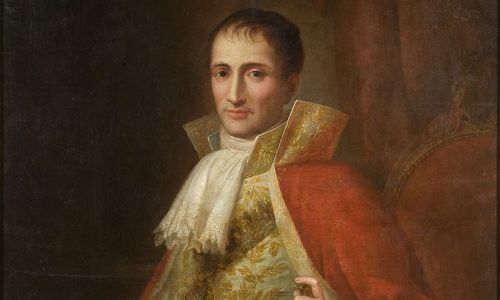
Joseph I was the king at that time, and he had appointed, a person we’ll call him Sebastian or better, by his title, Marquis of Pombal. It was his swift reaction, his economic reform policies and financial restructuring that allowed Portugal to rebuild quickly. His stronger leadership ensured that his country would not fall into hardship ruin and statues and other tributes to him are everywhere. His cost controls measures were not favored by the upper class, nor was he a really nice guy otherwise, so he was exiled.
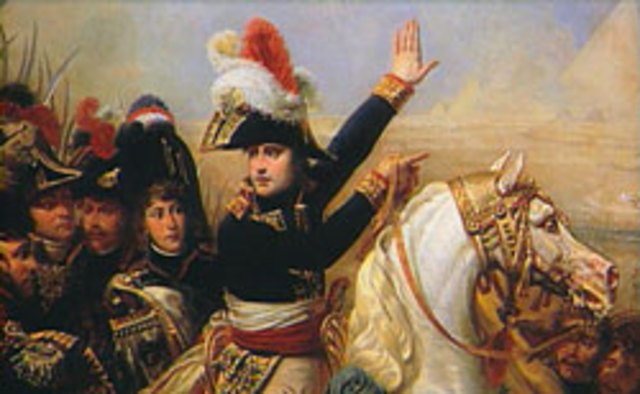
The years after the rebuild period also saw an invasion by Napoleon, he actually took Lisbon for a couple of years but Portugal called on their English buddies for help, Brazil’s independence followed in 1822. Some political jostling and rumblings in the African colonies bring about Britain’s Ultimatum demanding the retreat of Portuguese troops from the world referred to as the Pink Map in order that Britain could connect Cairo to Cape Town by rail the fallout and the protests from this political ‘stiff arm’ basically collapsed the Portuguese monarchy. This brings us to WWI during which Portugal sides with the allies.
Antonio Salazar
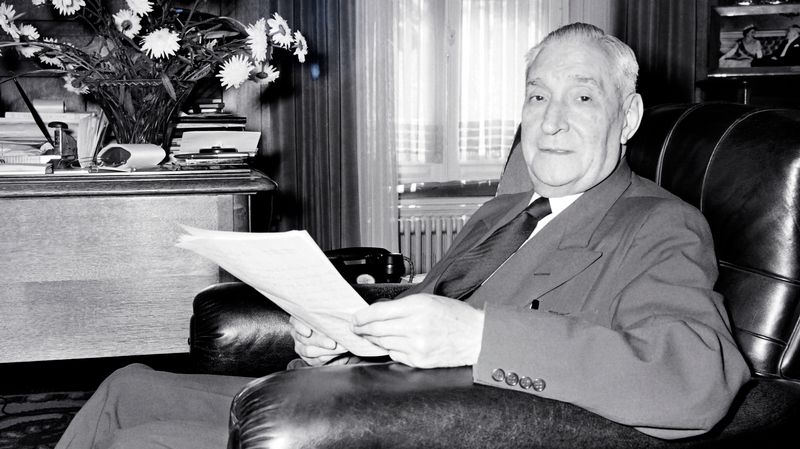
But post-war turmoil and unrest cause a coup in May 1926 which gave power to the military and eventually saw the rise of Antonio Salazar, and he took Portugal into a troublesome period of dictatorship, oppression and media censorship. He also led the country through the second war during which Portugal was technically neutral but did supply troops under British flag, but also conducted trade with each side. In the late 1960s Salazar was forced to retire due to a bathtub brains hemorrhage and turned the reins over to a rather less radical successor.
Carnation Revolution

In 1974 the peaceful Carnation Revolution removed the radicals from power without one gunshot. This opened the door to bigger and better things but it was really January 1st, 1986 when Portugal joined the Economic Community now known as the EU that things really started to turn around. Funds were made available to build roads, schools, medical facilities and allowed for foreign investment. This is what really led to the Portugal we are ready to visit and enjoy today.
You May Also Like This : Is Dubai A Country Facts About Dubai










